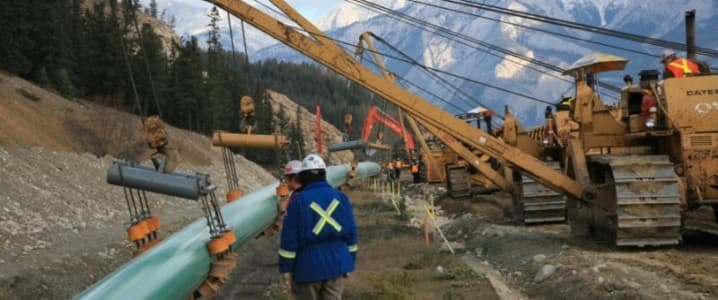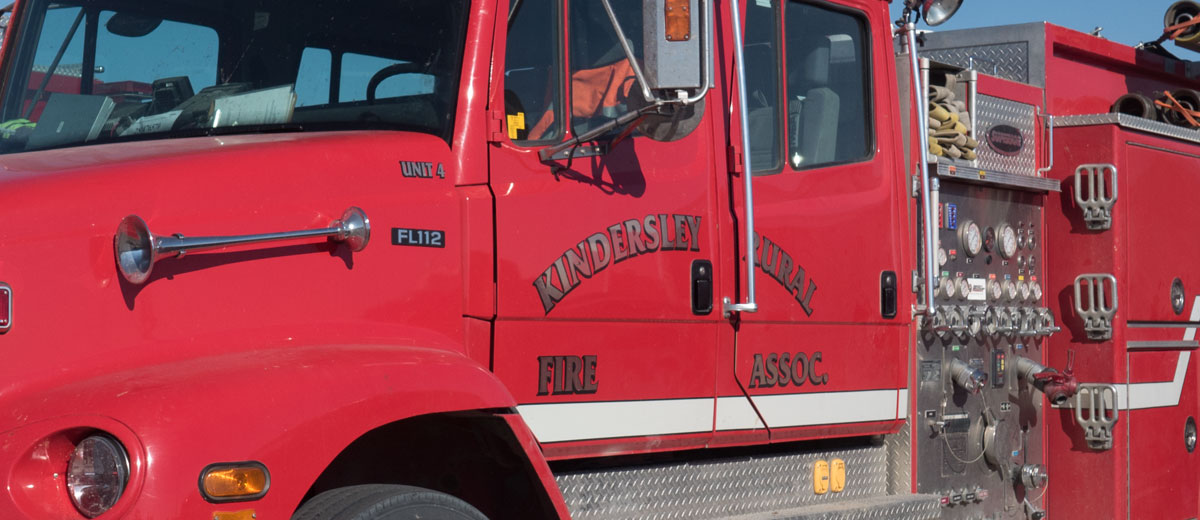
About 20 ships loaded crude oil on Canada’s West Coast in the first full month of operation of the newly expanded Trans Mountain pipeline, according to vessel-tracking data on Sunday. This number is slightly below the operator’s forecast.
Loadings from the pipeline expansion are being closely monitored because the Canadian government plans to sell the $24.84 billion (C$34 billion) line. Since its startup, questions about oil quality, pipeline economics, and loading challenges have raised concerns over demand and crude exports.
The 20 vessels loaded were fewer than the 22 ships Trans Mountain had initially expected for the month. Total crude exports from Vancouver averaged around 350,000 barrels per day, with the last two vessels for June-loading at the Westridge Marine Terminal as of Sunday.
The vessels, partially loaded Aframaxes capable of carrying about 550,000 barrels each, mostly sailed to the U.S. West Coast and Asia. Some cargoes were transferred onto larger ships for delivery to India and China, according to data providers LSEG, Kpler, and Vortexa.
Reliance Industries (RELI.NS) bought 2 million barrels of Canadian crude for July delivery, involving four ship-to-ship transfers to load the oil onto a very large crude carrier offshore California. The oil is destined for Sikka, India, where the company operates the world’s largest refining complex. Phillips 66 (PSX.N) acquired a cargo for its Ferndale, Washington, refinery; Marathon Petroleum Corp (MPC.N) for its Los Angeles refinery; and Valero Energy Corp (VLO.N) for its Benicia, California, refinery. Trans Mountain did not immediately respond ahead of a long weekend in Canada. Phillips 66 and Marathon Petroleum declined to comment, while Valero did not reply to a request for comments.
The market was expecting about 17 to 18 loadings, according to Rohit Rathod, a market analyst at energy researcher Vortexa. Trans Mountain has revised standards for accepting crude oil on its recently expanded system this month, addressing worries about the acidity and vapor pressure of the line’s crude oil. Logistical constraints in a busy, narrow shipping channel after leaving the Westridge dock in Vancouver were also expected to impact loadings. To manage high traffic in the channel, the Port of Vancouver has restrictions on transit times.
The expanded Trans Mountain pipeline is running at around 80% capacity with some spot capacity used. Trans Mountain forecasts 96% utilization from next year, with the capacity to load 34 Aframax ships a month.








































